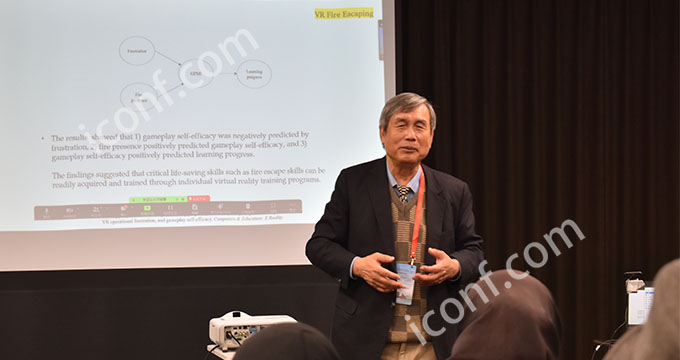

8 views||Release time: Apr 17, 2025
Traffic engineering is essential for ensuring the safe and efficient movement of people and goods on road networks worldwide. In 2023, over 1.19 million fatalities occurred in road traffic crashes, underscoring the urgent need for innovative management and safety solutions. Cutting‑edge research areas—including connected and autonomous vehicles (CAVs), Intelligent Transportation Systems (ITS), dynamic lane management, and adaptive signal control—are reshaping how traffic is managed and controlled. Prestigious conferences such as IEEE ITSC 2025 are actively seeking papers on these themes. By submitting through iConf.com, researchers gain a streamlined workflow, real‑time submission tracking, and global visibility for their work.

Traffic engineering professionals analyze roadway geometry, signal timing, and user behavior to reduce crash rates and protect vulnerable road users. Targeted interventions—such as adaptive traffic signals and improved signage—have been shown to significantly lower accident rates in urban corridors.
Efficient traffic flow strategies reduce travel time, fuel consumption, and greenhouse gas emissions. Techniques like dynamic lane assignment and data‑driven congestion mitigation enhance corridor capacity without the need for extensive new infrastructure.
By early 2025, more than 341 standards for connected and automated driving have been published, reflecting the rapid progress and critical need for harmonized CAV technologies. Research in this area covers V2X communications, safety protocols, and regulatory frameworks.
ITS integrates sensors, real‑time communications, and advanced analytics to optimize traffic operations. Topics of interest include machine‑learning‑based traffic prediction, smart signal control, and infrastructure‑to‑vehicle data exchanges.
Dynamic lane management reallocates existing roadway capacity based on fluctuating demand, while adaptive signal control technologies adjust signal timing in real time. Field studies demonstrate measurable reductions in property‑damage‑only and injury crashes where these systems are deployed.
Modern traffic engineering emphasizes sustainable mobility by incorporating public transit prioritization, dedicated cycling lanes, and pedestrian‑friendly designs. Such measures not only alleviate congestion but also promote healthier, low‑carbon urban environments.
Presenting at peer‑reviewed conferences establishes researchers as thought leaders, enhances academic and professional profiles, and opens avenues for funding and collaboration.
Traffic engineering intersects with urban planning, environmental science, and data analytics. Conferences foster interdisciplinary networking that drives holistic transportation policies and infrastructure investments.
iConf.com provides an intuitive interface for abstract and full‑paper uploads, clear call‑for‑papers listings, and step‑by‑step guidance to minimize administrative burdens.
Authors receive instant notifications on submission status and can communicate directly with conference organizers and reviewers through the platform’s built‑in messaging system.
By aggregating leading Traffic Engineering conferences, iConf.com ensures rigorous peer‑review standards and maximizes the global exposure of accepted research.
Visit iConf.com and navigate to the Traffic Engineering calls for papers section.
Register Your Account to create an author profile.
Submit Your Abstract with a clear summary of objectives, methodology, and expected contributions.
Upload Your Full Paper upon acceptance, following provided formatting guidelines.
Track Your Submission in real time and respond to reviewer feedback via the messaging system.
The Traffic Engineering call for papers is your opportunity to contribute solutions that enhance road safety, optimize mobility, and promote sustainable transportation. With iConf.com’s streamlined platform, you can focus on what matters most—advancing the science and practice of traffic engineering.